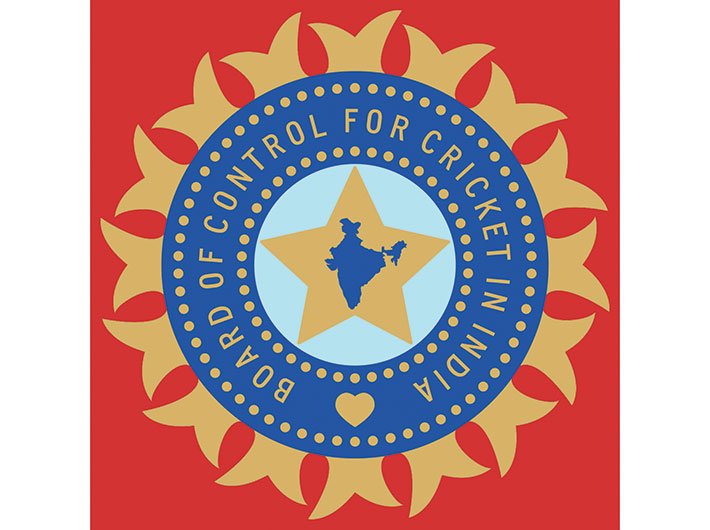Like Bollywood, cricket has an ugly underbelly. It is administered by a an ultra-cash-rich organization that is essentially private.
Other than climate and of course politics, cricket is the most popular topic of conversation among strangers. Bollywood too does not cover as much geography as the game inherited from the colonial masters does. Like Bollywood, cricket has an ugly underbelly. It is administered by a an ultra-cash-rich organization that is essentially private. The Board for Control of Cricket in India, a nonagenarian club controlled by moneybags and politicians with no cricketing experience, “control” the game.
When the Indian squad plays against Pakistan, it is a matter of high passions – it’s called “war without shooting” – and in 2011 even the prime ministers of the two neighbours sat down to watch the proceedings, but at the end of the day it’s a private team, not an Indian national team.
Think
BCCI is a private club that claims to represent the nation and makes astronomical income
. . .
The board can take any decisions it may deem proper: it is not answerable to people or people’s representatives
. . .
The board cannot be audited by CAG; it is not under the RTI Act
The BCCI, for whom the team plays and who gets the moolah at the end of the game, is a private club registered under the Tamil Nadu Societies Registration Act. It was formed in 1928 to meet the requirement of the International Cricket Council, so that an Indian team can play against teams from other nations. For all other sports, there are federations (again, monopolised by aging politicians) which are governed by the sports ministry. Cricket is a case apart.
That was the case even during the good old days, and it is more so after the advent of the Indian Premier League (IPL). Astronomical sums earned through sale of TV rights and other commercial aspects have made the BCCI extraordinarily rich. Since this is a cricket-crazy nation, other playing nations’ cricket admin bodies (or other sports bodies within India) are far poorer.
The BCCI has finally no responsibility. Be it the selection of players, or coach (why Ravi Shastri in place of Anil Kumble), or the head of selection panel (why they have usually far less experience than most current players), or even the empanelled commentators (why Harsha Bhogle is no longer among them), its decisions are beyond questioning. It answers to none; fans can fume but to no avail.
The Lodha committee has revamped its internal administration, but it is still BCCI, a private club. Though it claims to represent the nation – though legally speaking it cannot, but when it comes to responsibility of a public institution, it claims to be a private body. There have been repeated demands of opening up its finances to a CAG scrutiny, and bringing it under the gamut of the RTI Act, to make it answer people’s questions. It has refused. In 2018, following an application by a Delhi-based petitioned named Geeta Rani, CIC has asked the BCCI why it should not be declared a ‘public authority’ under the RTI Act. The same petitioner has also approached the Madras high court in end-December seeking to restrain BCCI from representing the nation.
The government of India has a sound legal position to take over the administration of a sport that millions of people take most seriously.
Reality check
Like the rise of IT industry in India, it must be the absence of government and the whole bureaucracy that has helped developed the game of cricket. At the BCCI a lot needs to be fixed, and it has to be made answerable, but bringing the game administration under the government would be a solution worse than the problem.
(This article appears in January 15, 2019 edition)

